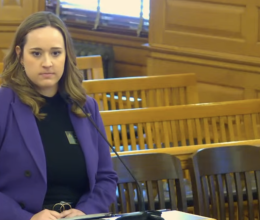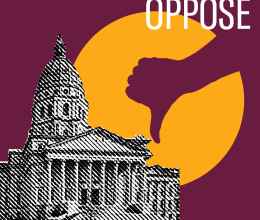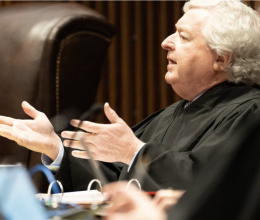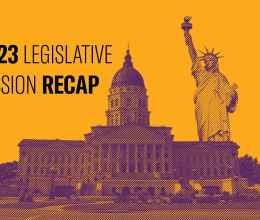
4 Daphne Robinson and Amy Zapata, Study Related to Whether the Effects of an Abortion Induced with Drugs or Chemicals Can Be Reversed, Louisiana Office of Public Health (2017), available at http://ldh.la.gov/assets/docs/LegisReports/HCR87RS20161.pdf.
5 Funke v. Fieldman, 212 Kan. 524, 530-32 (Kan. 1973).
6 Id. at 531 (“A physician violates his duty to his patient and subjects himself to liability if he withholds any facts which are necessary to form the basis of an intelligent consent by the patient to the proposed treatment. Likewise the physician may not minimize the known dangers of a procedure or operation in order to induce his patient's consent”) (citing Salgo v. Leland Stanford Etc. Bd. Trustees, 154 Cal. App. 2d 560 (1957)) (emphasis added).
7 Women's Medical Ctr. v. Roberts, 530 F. Supp. 1136, 1153 (D. RI 1982) (citing Planned Parenthood League v. Bellotti, 641 F.2d 1006, 1017 (1st Cir. 1981)) (noting that the fundamental right to privacy guards against both undue intrusion into the doctor-patient relationship and against a state’s attempt to “skew [a woman’s] choice one way or another”).
8 EMW Women's Surgical Ctr., P.S.C. v. Beshear, Case Nos. 17-6151/6183, 2019 U.S. App. LEXIS 9945, at *3 (6th Cir. Apr. 4, 2019) (noting that abortion informed consent laws should only be upheld “so long as the disclosure is truthful, non-misleading, and relevant to an abortion”).







